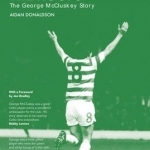
Playing for the Hoops: The George McCluskey Story
Aidan Donaldson and Joe Bradley
Book
How did George McCluskey become one of Celtic F.C.'s most memorable football players? What binds the...
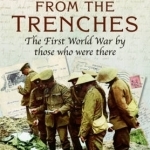
Letters from the Trenches: The First World War by Those Who Were There
Book
A history of the First World War told through the letters exchanged by ordinary British soldiers and...
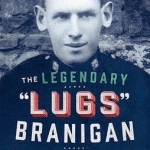
Lugs Branigan
Book
Born in the Liberties of Dublin in 1910, Jim Branigan was, by his own admission, a shy, scrawny...
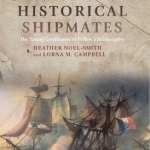
Hornblower's Historical Shipmates: The Young Gentlemen of Pellew's Indefatigable
Heather Noel-Smith and Lorna M. Campbell
Book
This book sets out the lives of seventeen 'young gentlemen' who were midshipmen under the famous...
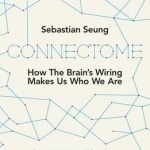
Connectome: How the Brain's Wiring Makes Us Who We are
Book
Connectome, by Sebastian Seung is 'One of the most eagerly awaited scientific books of the year...

iPronunciation HD for Google VS. Bing
Productivity and Reference
App
---------------------- *In February 2010, The free Version for iphone has been ranked the TopFree 1...

Metronome M1 Pro
Music and Utilities
App
Metronome M1 supports a wide tempo range between 10-300 BPM, ranging from Grave to Prestissimo...
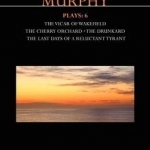
Murphy Plays:6: Cherry Orchard; She Stoops to Folly; The Drunkard; The Last Days of a Reluctant Tyrant
Book
Murphy Plays: 6 brings together four plays by the author inspired by other great works of...
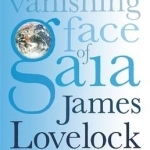
The Vanishing Face of Gaia: A Final Warning
Book
James Lovelock's The Vanishing Face of Gaia: A Final Warning is a prophetic message for mankind from...

Alone in Berlin
Hans Fallada and Michael Hofmann
Book
Inspired by a true story, Hans Fallada's Alone in Berlin is the gripping tale of an ordinary man's...